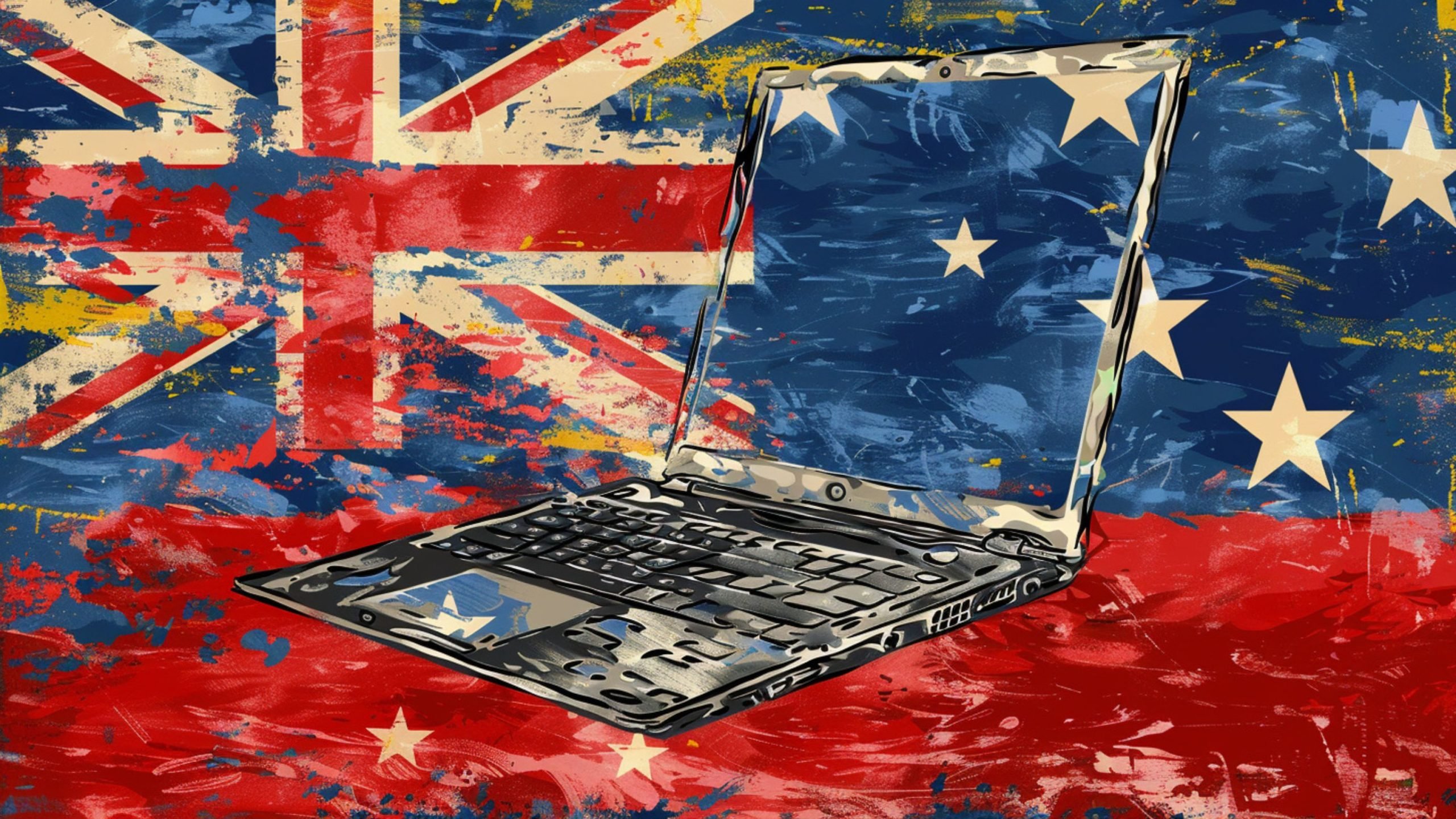Australia’s attempt to force US tech companies to compensate local media has stalled due to fears of economic repercussions from the Trump administration. Initially committed to advancing the policy, the Albanese government is now hesitating after President Donald Trump threatened reciprocal tariffs.
Dubbed the “news bargaining incentive,” the plan aimed to impose penalties on platforms like Meta and Google if they failed to financially support Australian media. However, with Trump’s warning of tariffs on both allies and adversaries in retaliation for domestic taxes, the government is delaying implementation. This comes despite Prime Minister Anthony Albanese’s prior negotiations with Trump over securing exemptions for Australian steel and aluminum from trade levies.
This policy shift marks the first major recalibration of Australia’s stance in response to Trump’s return to power. While a public consultation was originally planned for late January, officials suggest the government will hold off until trade disputes with the US stabilize.
Amid mounting concerns, the Australian Ambassador to the US, Kevin Rudd, has been working to ease tensions and guide policymakers through the situation without inviting US retaliation. Trump’s close ties with tech magnates such as Elon Musk and Meta’s Mark Zuckerberg have further complicated Australia’s efforts to pressure digital platforms into paying media companies.
Describing interactions with the new US administration as “mayhem,” one Australian official pointed to personnel changes in Washington as a major obstacle to diplomacy. Although the US and Australia share a trade surplus and no current tariffs exist between them, the possibility of new barriers has unsettled policymakers.
Major tech firms have staunchly opposed Australia’s proposal. Google has dismissed it as a “targeted tax,” while Meta argues that it would force successful American corporations to unfairly subsidize Australian media. Meta previously withdrew from a Morrison-era agreement that mandated payments to news outlets, arguing it set an undesirable precedent.
Despite the pause, sources suggest the Albanese government still intends to implement the policy. However, the delay has left media executives uneasy, fearing that the initiative could be permanently shelved if US trade threats persist.










